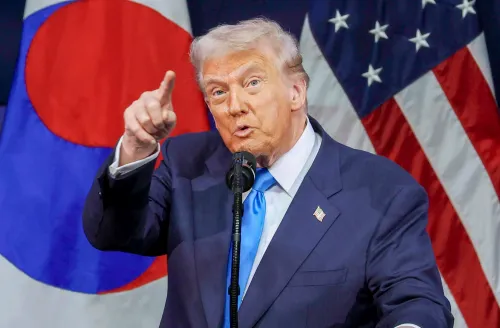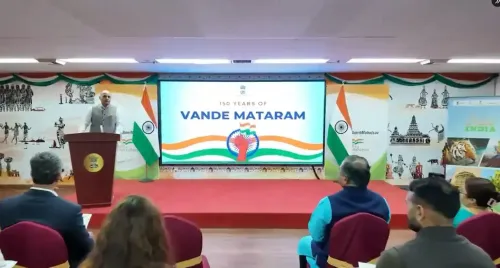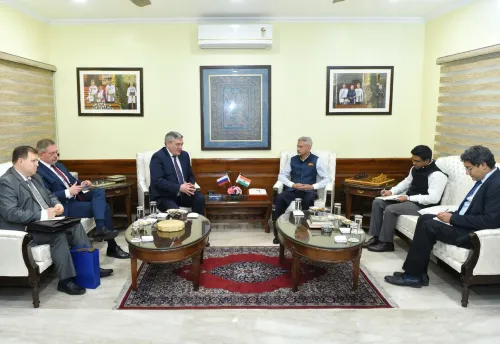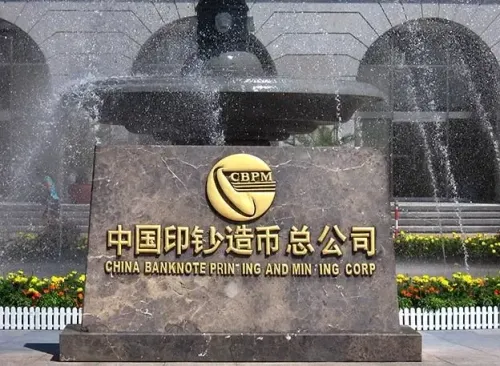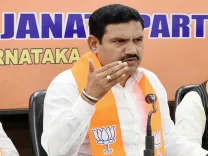No Resolution in Sight as Dhaka Faces Escalating Tensions; India Terminates Trans-shipment Facility for Bangladesh
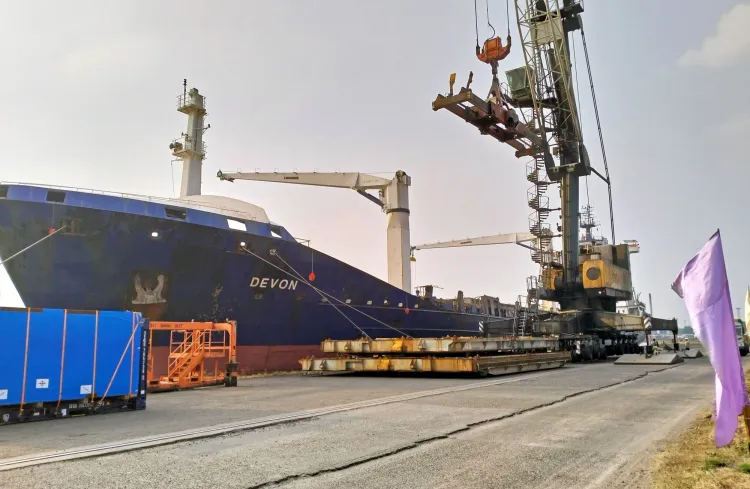
Synopsis
Key Takeaways
- India ends trans-shipment facility for Bangladesh.
- Facility caused significant congestion at ports and airports.
- Decision effective April 8, 2025.
- Does not affect Bangladesh's exports to Nepal and Bhutan.
- Emphasis on regional connectivity and trade.
New Delhi, April 9 (NationPress) Due to significant congestion affecting its airports and ports, India announced on Tuesday the cessation of a trans-shipment facility utilized by Bangladesh. This facility enabled Dhaka to export goods to third nations via Indian customs stations.
The trans-shipment arrangement, initiated in June 2020, has increasingly contributed to substantial congestion at Indian airports and ports. Logistical delays and escalated costs have adversely affected India's own exports and resulted in backlogs. Thus, the facility has been rescinded effective April 8, 2025. Importantly, these changes do not disrupt Bangladesh's exports to Nepal or Bhutan that transit through Indian territory. Randhir Jaiswal, spokesperson for the Ministry of External Affairs (MEA), made this statement during a weekly media briefing in New Delhi on Wednesday.
The Central Board of Indirect Taxes and Customs (CBIC) issued a notification on April 8, stating, "The circular dated June 29, 2020, as amended, has been rescinded immediately. Cargo already entered into India may exit the territory as per the established procedure in that circular."
This facility was introduced to enhance regional connectivity and foster trade between Bangladesh and third-party nations, utilizing India as a transit corridor.
India's withdrawal of the trans-shipment facility for Bangladesh reflects Prime Minister Narendra Modi's strong commitment to protecting national interests and the security of the Northeast region. Assam Chief Minister Himanta Biswa Sarma commented on X, stating that this decisive move underscores the government's firm stance on preserving India’s strategic and economic priorities.
This decision follows controversial remarks by Muhammad Yunus, the Chief Advisor of Bangladesh's interim government, during a recent trip to China, where he suggested that the eastern part of India, known as the Seven Sisters, relies on Bangladesh for maritime access.
Additionally, both nations operationalized an agreement in 2023 that allows India to use Chittagong and Mongla Ports for transit cargo, significantly reducing transportation costs and time.
India has also reiterated concerns regarding the persecution of minorities in Bangladesh, with hopes that Yunus's interim government will take decisive action against the violence. Prime Minister Modi highlighted the safety of minorities, including Hindus, during his discussions with Yunus at the BIMSTEC Summit in Bangkok.
Jaiswal emphasized that discussions on the treatment of minorities, including the violence against them, are ongoing and cannot be dismissed as mere political issues. Modi's meeting with Yunus marked the first in-person dialogue since the formation of the interim government in Bangladesh last August.
During their talks, Modi stressed the need to avoid any rhetoric that could harm bilateral relations and expressed confidence that all mutual interests would be addressed through constructive discussions, fostering a long-standing relationship between India and Bangladesh.
Moreover, Modi reiterated India's commitment to a democratic, stable, peaceful, and inclusive Bangladesh and highlighted the importance of a people-centric approach to their relationship, which has historically yielded tangible benefits for both nations.
He again expressed India's desire for a positive and constructive relationship with Bangladesh, urging avoidance of any rhetoric that could create tension. Modi emphasized the necessity of strict law enforcement on the border to maintain security and stability, suggesting that the existing mechanisms for review and advancement of ties should be utilized appropriately.
int/as

